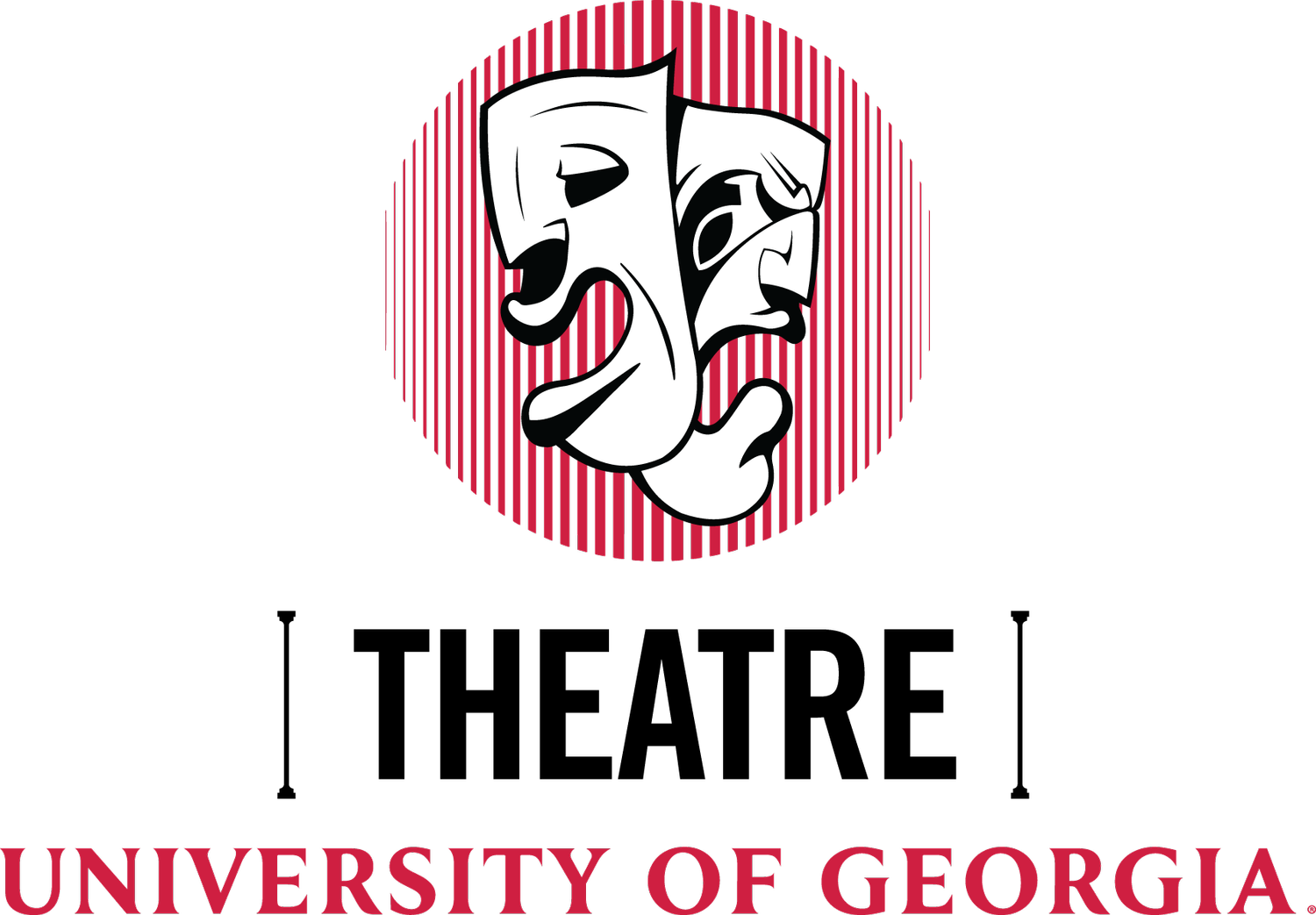Animal Farm
By George Orwell. Adaptation by Ian Wooldridge. Directed by T. Anthony Marotta.
George Orwell’s satiric fable features greedy pigs taking advantage of the animals who unwittingly placed them in power.
Oct. 4-7 @ 8:00pm
Oct. 7 & 8 @ 2:30pm
Special school matinee Oct. 3
Seney Stovall Chapel
Tickets: $12, $7 for Students
CAST
Animal Farm - Promotional Photos
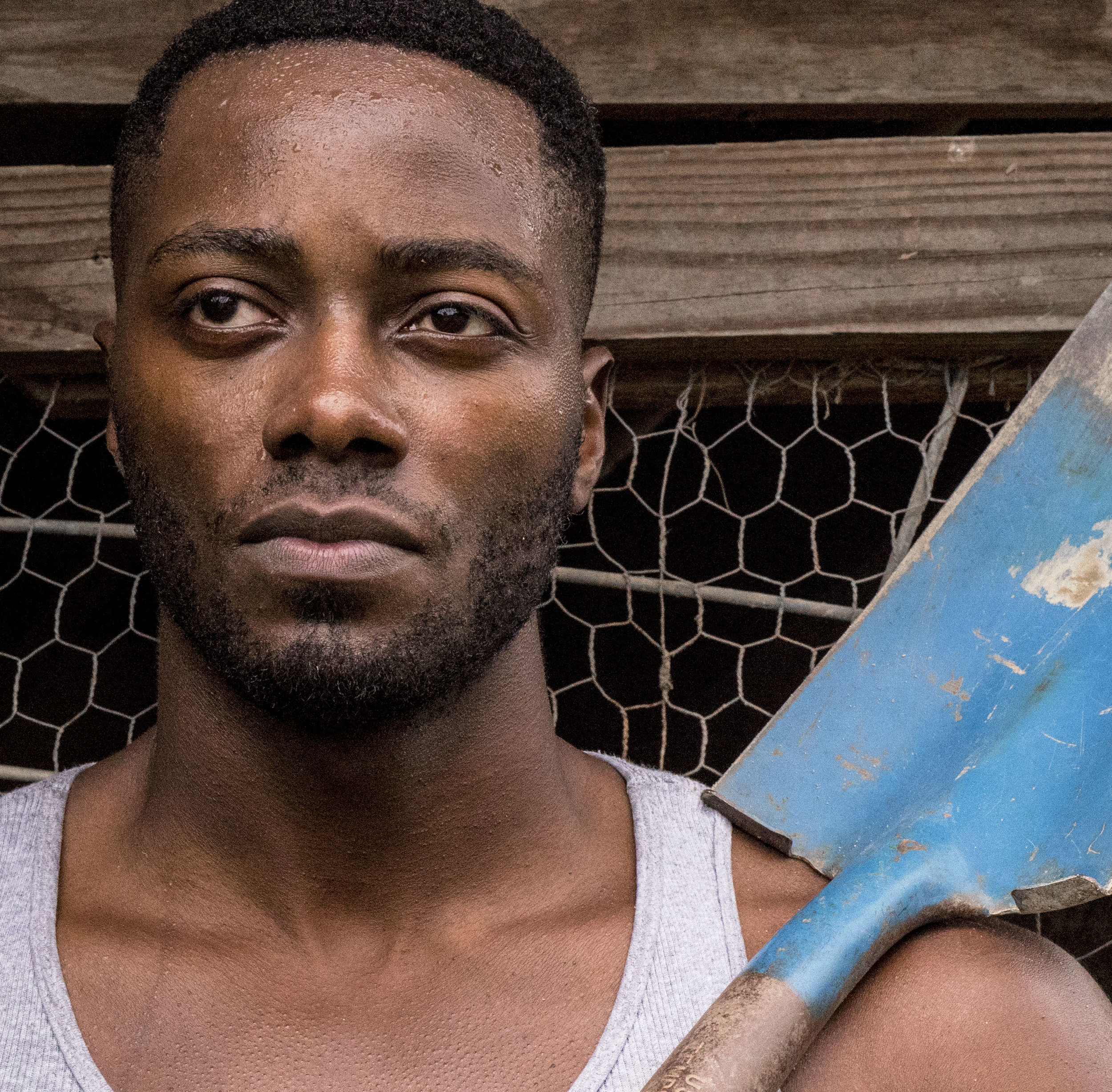
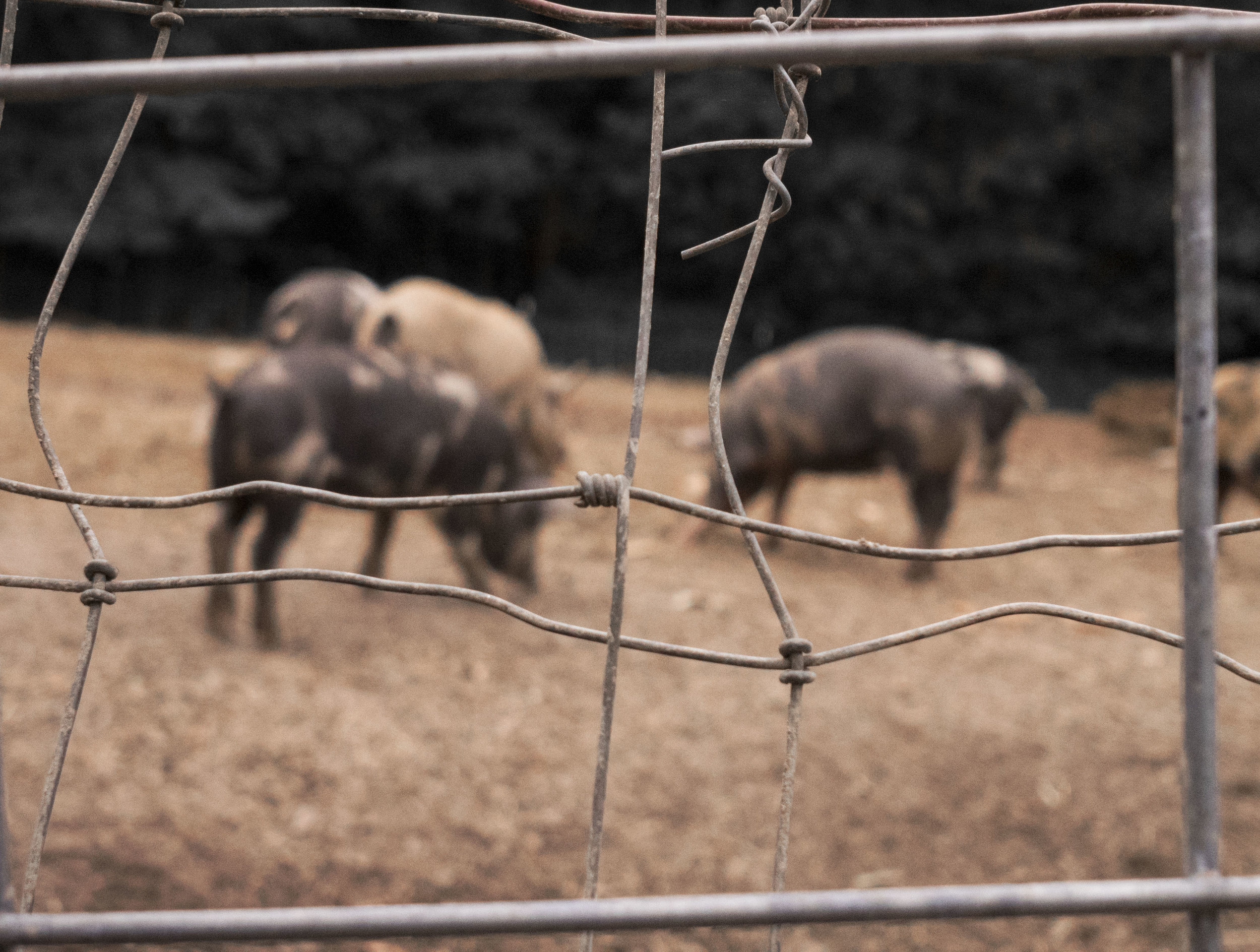
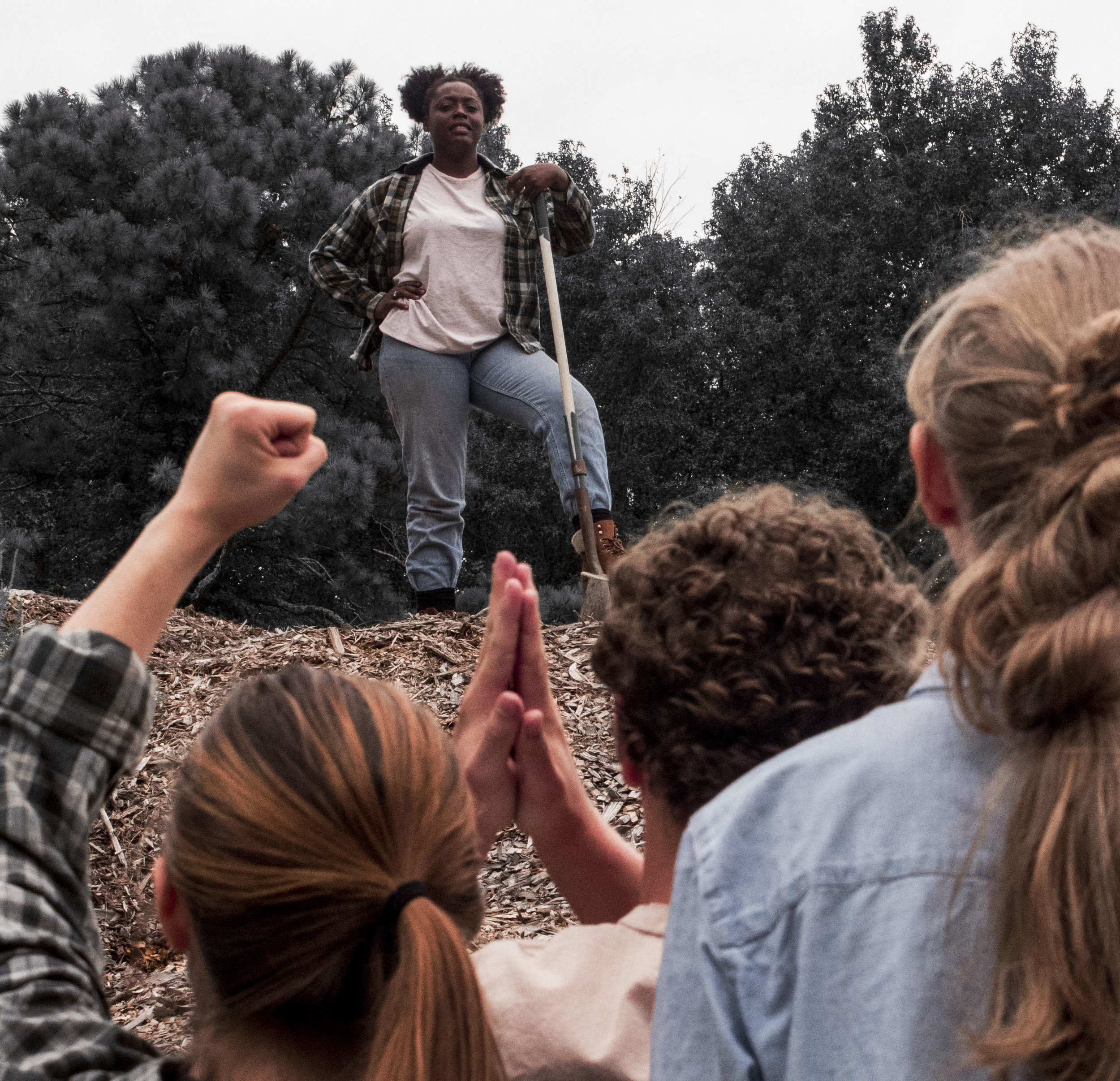
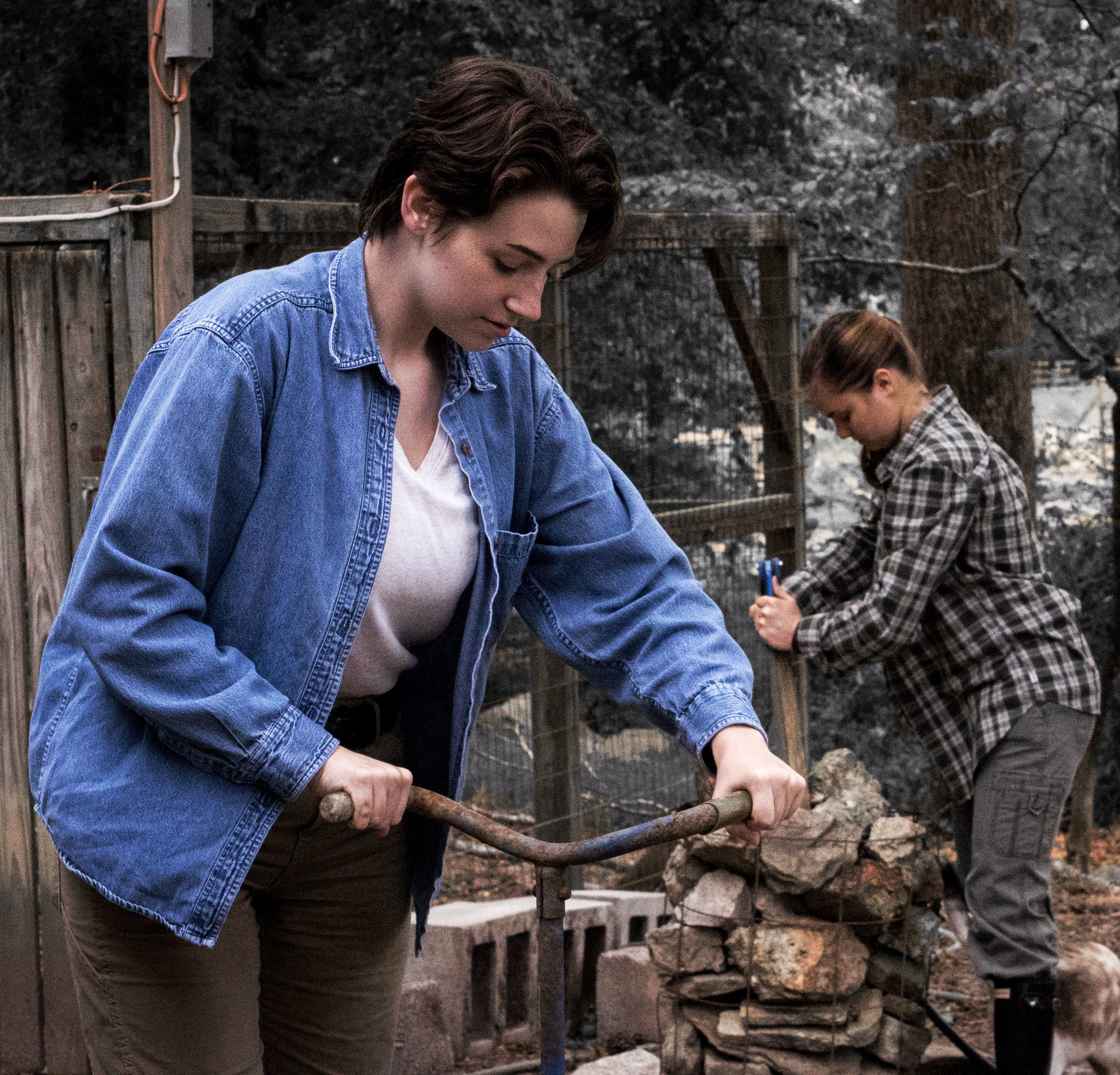
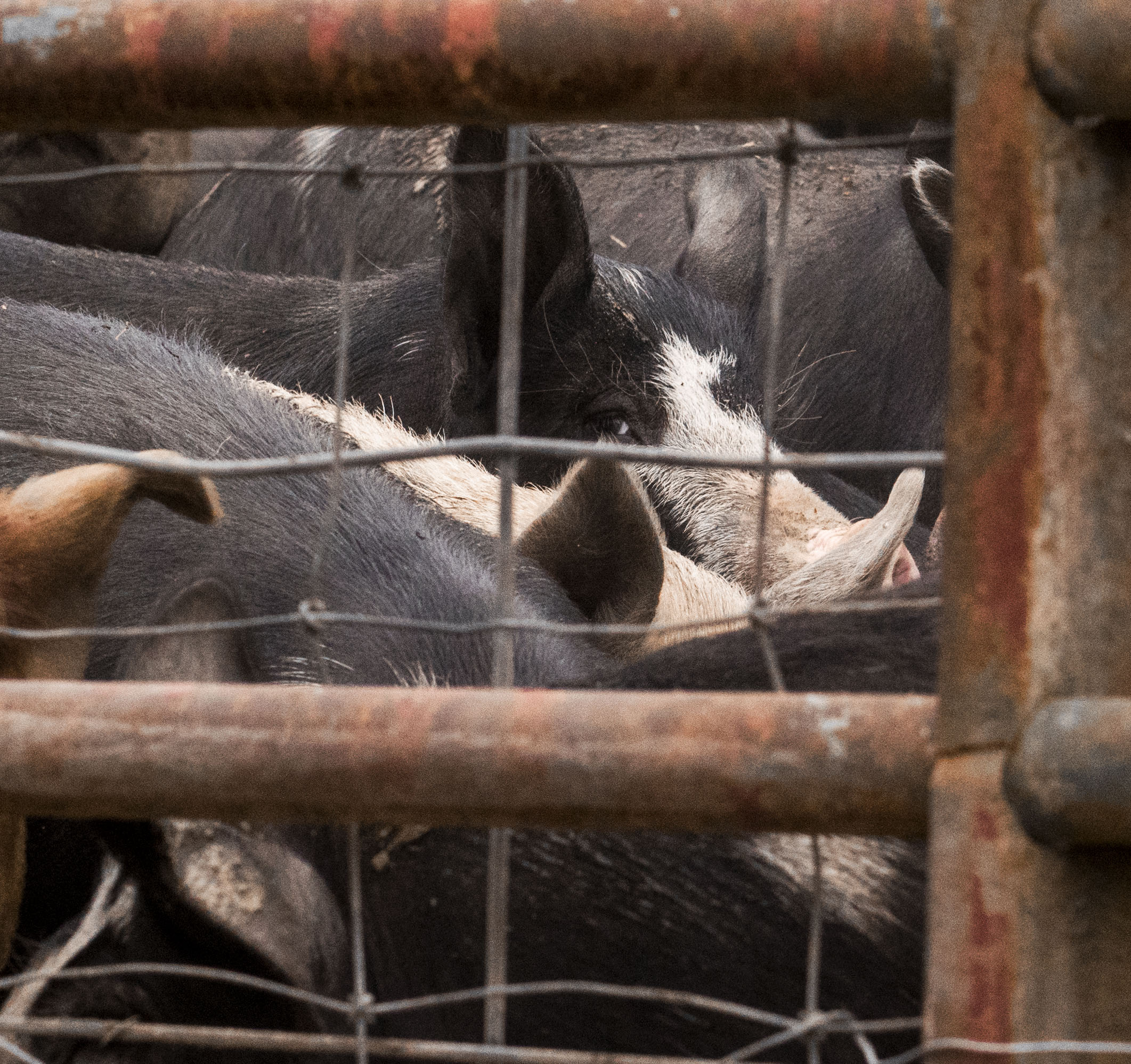
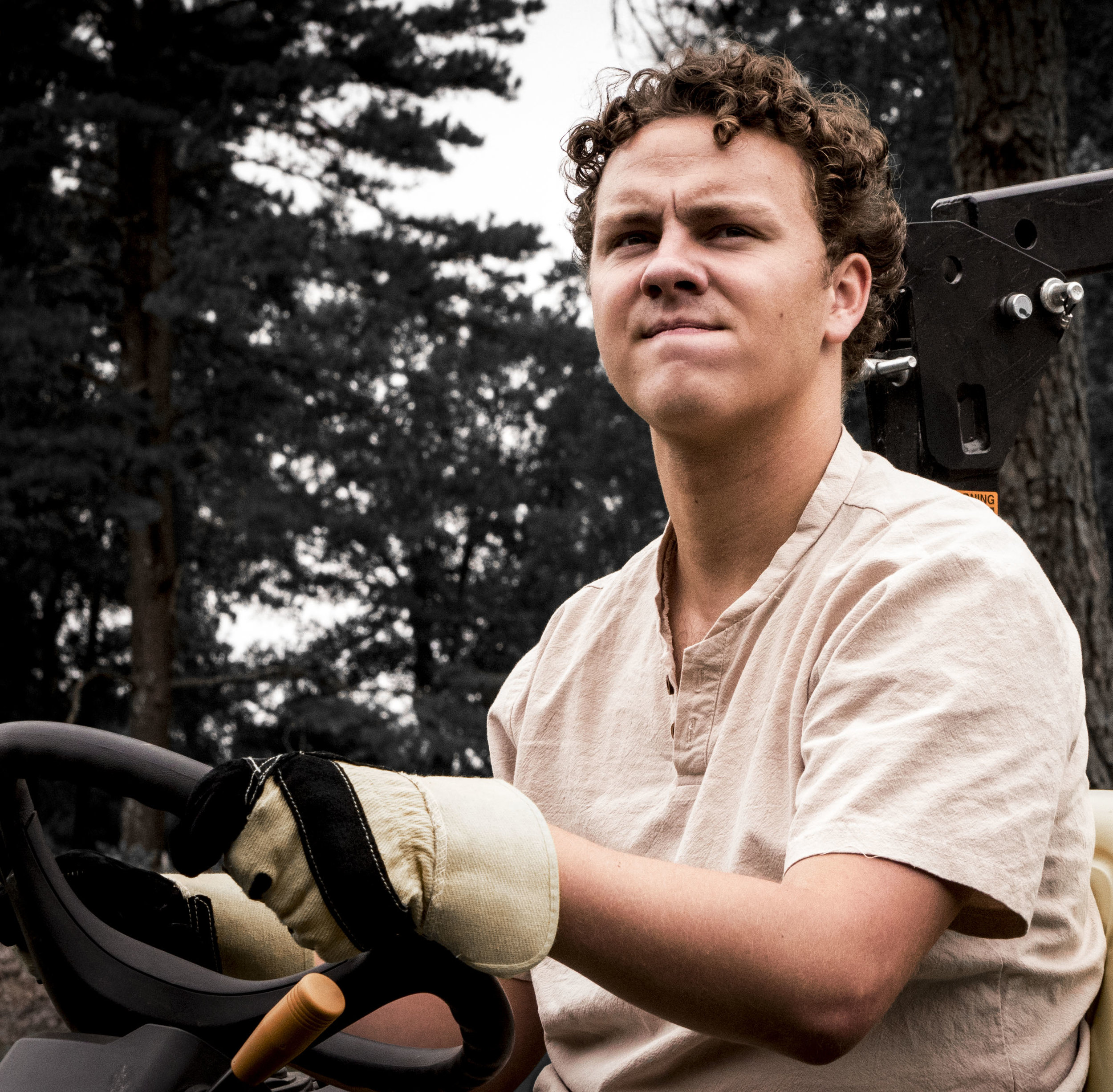
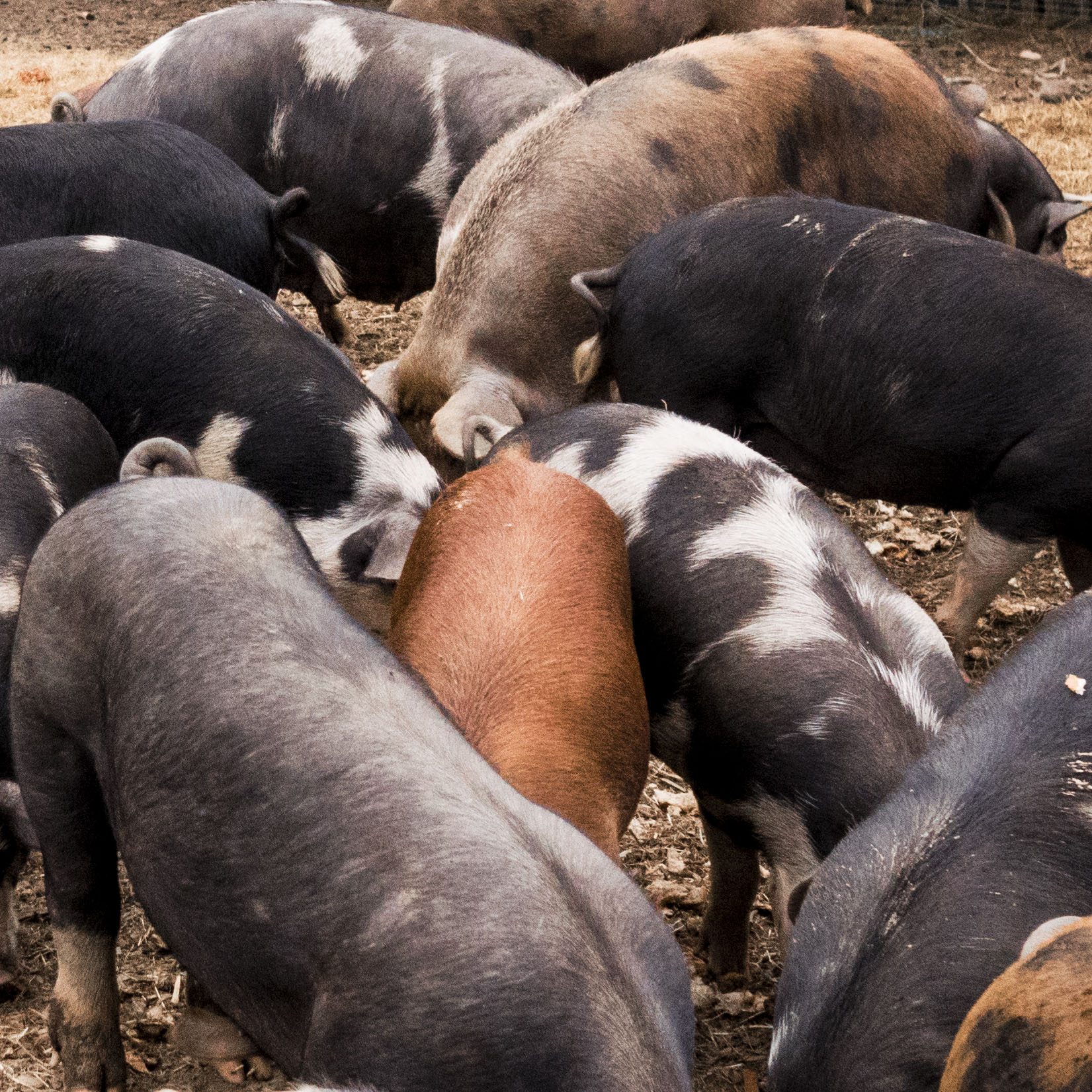
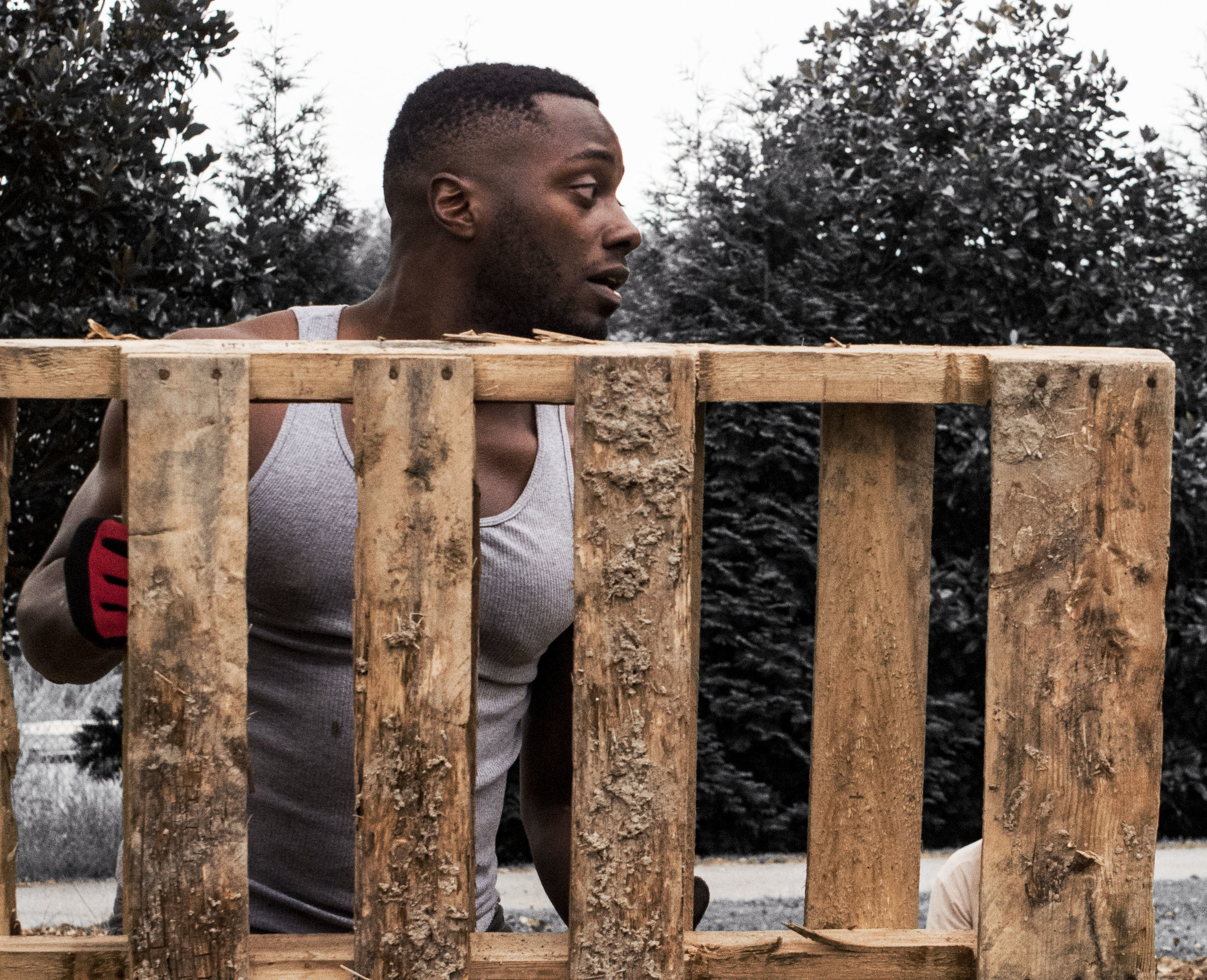

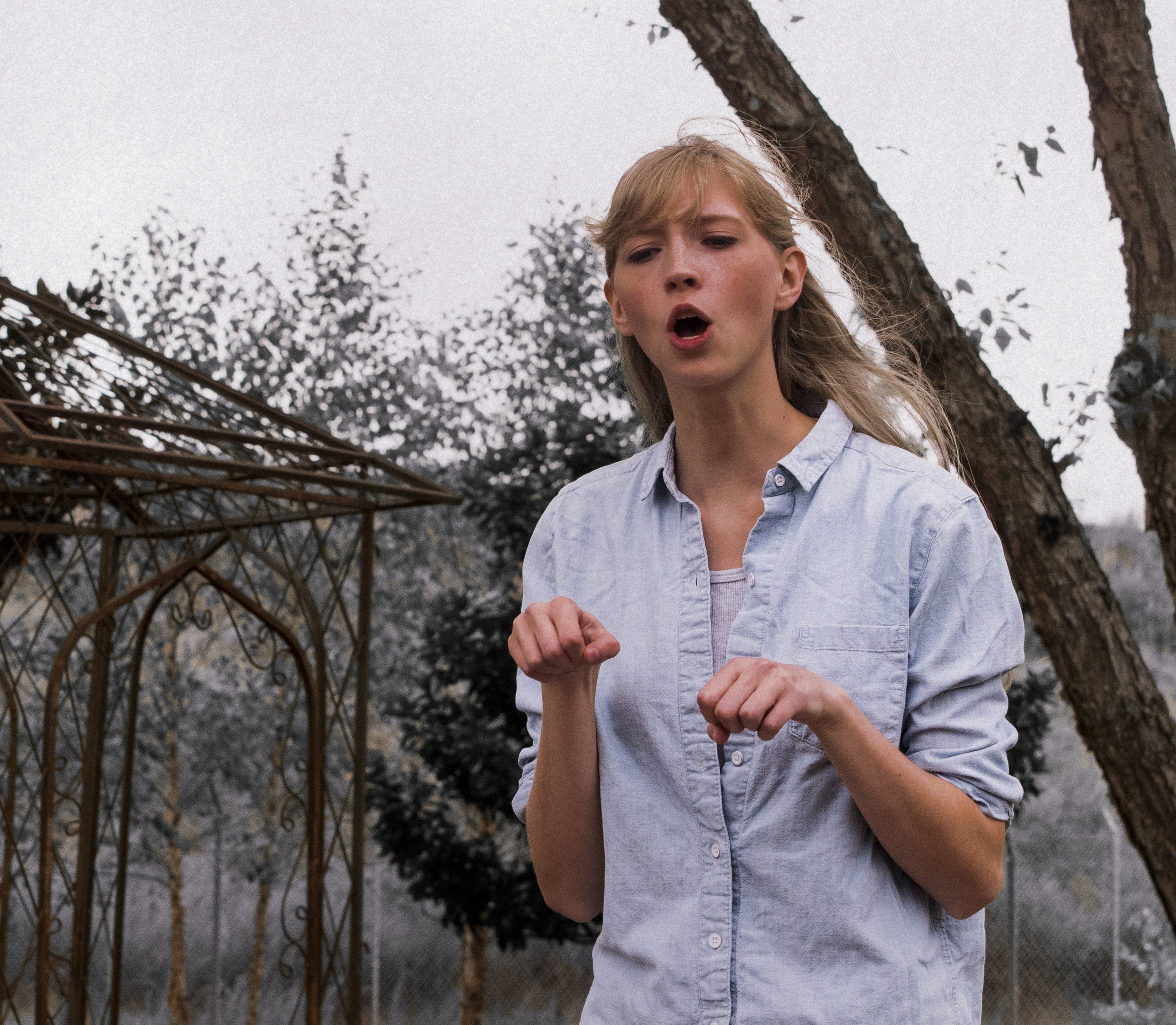
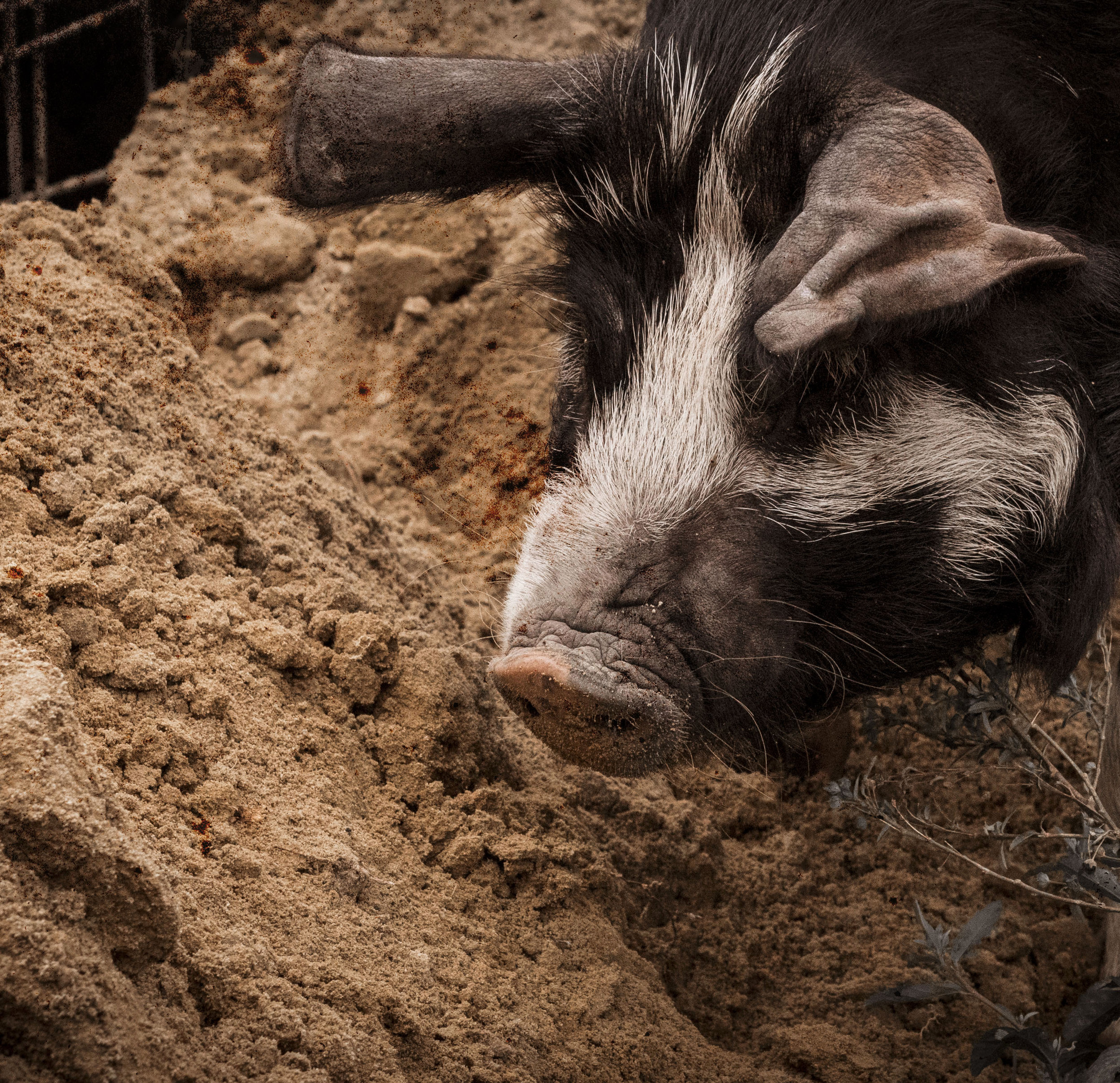
DIRECTOR'S NOTES
As an adolescent reading this book for the first time, blissfully unaware of either the Russian Revolution or politics of the day, what stood out most to me then, and still does today, is how the farm animals willfully comply with what their leaders say and do. Why on Earth do they agree and go along with everything? How could the animal workers in this story (and, by extension, Americans today) buy into the narrative and choices they are given from their leaders? Little by little, the animals transform from living with hope for a brighter future to a world where their lives are ruled in oppressive ways. How do the animals allow their leaders to convince them to drift so far from their inclusive founding principle of All Animals are Equal to the divisive spirit of ‘us vs. them?’ This question is at the heart of the story and the basis for our exploration – and why this story is relevant today.
Orwell constructs a world for us to closely observe the circumstances and words that produce the animals' behavior and choices. Using animals on a farm allows us distance to consider everything without the judgment or bias we might bring if this were a story about humans. His fable invites us to observe the conditions, realities, and often desperation that lead and continue to persuade the animals to be receptive to the hopes and fears that their leaders inspire. We like the animals. We root for them. They become us. We can identify. We don't want to call them names or see them fail. This openness to empathizing feels sadly missing from many of our conversations today.
